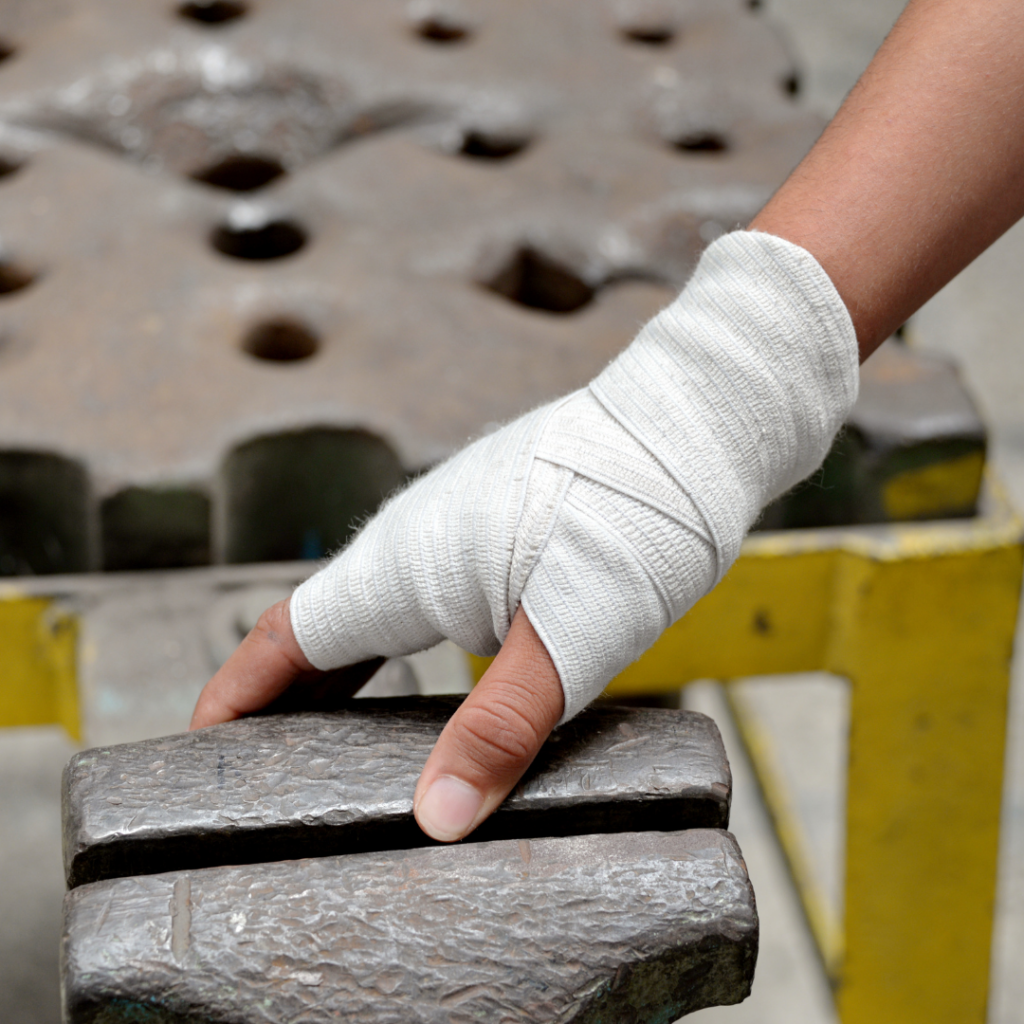Many people mistakenly believe that all compensation payments from personal injury claims are exempt from Irish tax. However, it’s important to understand the nuances of tax laws as they apply to personal injury settlements.
Tax Exemptions on Personal Injury Claims
Under the Taxes Consolidation Act 1997, compensation for personal injuries is generally not subject to tax in Ireland. This applies whether the settlement was reached outside of court or awarded by a court under Section 38 of the Personal Injuries Assessment Board Act 2003. However, income generated from investing this compensation could be taxable, unless the recipient is permanently unable to maintain themselves due to mental or physical incapacity. Even if exempt, such income must still be reported in tax returns.
Capital Gains and Personal Injury Settlements
The same Act clarifies that compensation sums for personal injuries are not considered “chargeable gains” and thus are not liable for Capital Gains Tax.
How Much Do Insurance Companies Pay for Personal Injury Claims?
The amount you might receive depends on several factors:
- Liability: Clear responsibility from the defendant leads to higher settlements.
- Severity and Psychological Impact: More severe or permanent injuries, including psychological effects, command higher compensation.
- Life Effects: The impact on daily life and recovery time also influence compensation levels.
- Loss of Earnings: Inability to work is factored into compensation calculations.
- Medical and Out-of-Pocket Expenses: Past and future medical costs are included in compensation assessments.
The Judicial Council’s personal injury guidelines were introduced by the Judicial Council on 6th March 2021. These guidelines provide us with general guidelines as to how much compensation may be awarded in a personal injury claim and is used by the Personal Injuries Assessment Board when making their assessment.
Implications of Personal Injury Claims
- Welfare Benefits: A settlement may affect means-tested benefits, as it’s considered capital.
- Insurance: While your motor policy isn’t affected, premiums may rise, and your No Claims Bonus might be impacted.
- Legal Costs: Typically, the defendant covers legal costs if you win, though some expenses might be deducted from your compensation.
Making a Personal Injury Claim
If you’ve been injured, it’s crucial to document all details of the incident and seek medical care. Engaging a solicitor early can guide you through the process efficiently, ensuring your claim is handled professionally.
Time Frame for Claims
Generally, you must initiate a claim within two years from the accident date, with exceptions for cases where injuries become apparent later, or involve minors.
How Long Does A Personal Injury Claim Take?
Many factors can affect the length of your personal injury action. Some of them are:
- The time taken by the Personal Injuries Assessment Board (PIAB) to respond to the initial application made by your solicitor
- The time taken by the Defendant’s insurance company to review the case
- Your solicitor gathering expert reports to efficiently run your case
- Time taken by legal proceedings If you or the Defendant’s insurance company reject PIAB’s assessment
- If your Injuries have not recovered and you are still symptomatic, more reports are required to obtain further prognosis for your injuries
How HOMS Assist Can Support You
Navigating personal injury claims can be complex. With over 50 years of expertise, HOMS Assist offers knowledgeable support, allowing you to focus on recovery while we handle your claim. Contact us today to discuss your case confidentially.
For further assistance, call us on 1800 207 207 or reach out by email at: info@homsassist.ie









